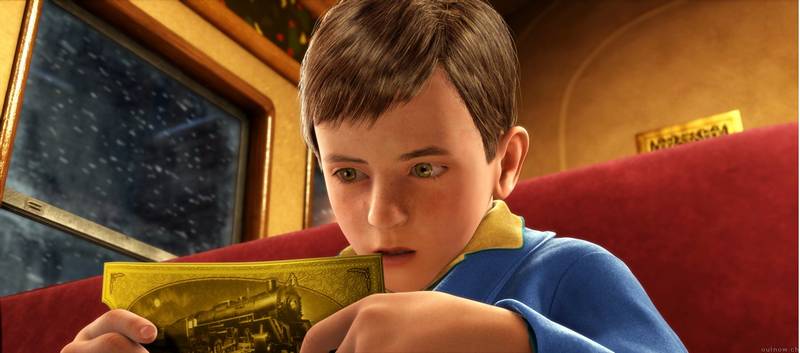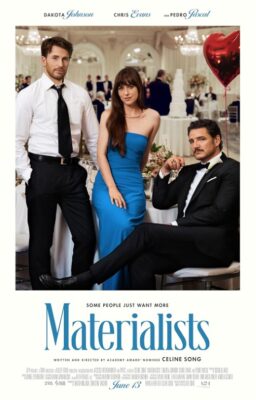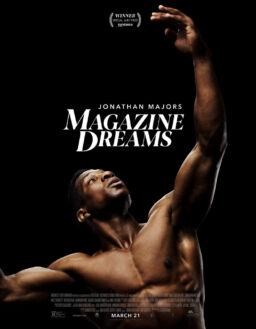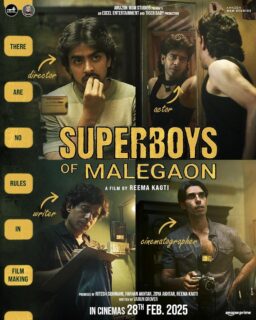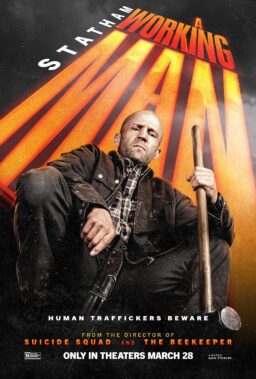I said the other day my first professional newspaper job was as a sports writer. It was the autumn of 1958, and I was writing for the high school paper. Urbana High sports were being covered for The News-Gazette by a young writer named Dick Saunders, who was promoted and asked to “name his own successor.” How grand that sounds! He liked my stuff and hired me at The News-Gazette for, as I said, 75 cents an hour. To see my byline in print in a real paper for the first time was an experience not unlike winning the Pulitzer Prize. Better, probably.
You understand local sports were a big deal because the twin cities of Urbana and Champaign had a ferocious cross-town rivalry, and the University of Illinois brought the Big Ten to town. On weekends, I was assigned to cover the university swimming team, wrestling team, and so on, and I was even once in the same locker room with Woody Hayes (although we did not speak). But it was the Urbana coverage to which I gave my heart and soul, always mindful of my competition, Emil Hesse, at the Champaign-Urbana Courier.
Urbana that season had a great football team, under the “tutelage” (great sportswriting word) of Coach Warren Smith, a proponent of the Single Wing Offense. He even wrote the book on it. Privately printed, but still. The Tigers were an underdog in our conference, the Big 12 (Champaign, Bloomington, Decatur, Mattoon and so on), but were undefeated with two games to go. The season closer, of course, was always with Champaign, on a night fraught with as much drama as “Macbeth,” during which cross-town romances were destroyed, fenders were bent, friendships ended, families divided. But that was still a week away.
Covering Champaign High was a veteran named Bill Lyon, two years my senior, who had a crew cut and smoked cigars and called people “Coach.” He later went on to become a famous columnist for the Philadelphia Inquirer. Bill and I would labor deep into the night on Fridays, composing our portraits of the games. We were both devoted students of Thomas Wolfe and believed no sentence could be overwritten. I was also a subscriber to the Great Lead Theory, which teaches that a story must have an opening paragraph so powerful as to leave few readers still standing. Grantland Rice’s “Four Horsemen” lead was my ideal.
I would begin a story time and time again on an old Smith-Corona manual typewriter, ripping each Not Quite Great Lead from the machine and hurling it at the wastebasket. Lyon watched this performance for a couple of weeks and gave me two of the most valuable pieces of writing advice I have ever received: (1) Don’t want for inspiration, just start the damned thing. (2) Once you begin, keep on until the end. How do you know how the story should begin until you find out where it’s going? These rules have saved me half a career’s worth of time, and gained me a reputation as the fastest writer in town. I’m not faster. I just spend less time not writing. But on one Friday night, this particular Friday night, a Great Lead was clearly called for, because, yes, the Urbana Tigers were defeated and their hopes of a perfect season destroyed.
Here is the opening paragraph I wrote, which I still have by heart:
“The glass slipper was shattered and broken, the royal coach turned into a pumpkin, and the Cinderella Urbana Tigers stumbled and fumbled and fell.”
Saturday morning, I turned up at my work, assembling area high school scores, and the news editor, Ed Borman, loomed over my desk and rumbled: “Young man, that’s as good a piece of writing as we’ve had on high school sports in quite a while.” I turned back to the sports section and read my Great Lead again, for perhaps the fiftieth time, and saw myself in Grantland’s footsteps.
My euphoria was shattered at school on Monday, however, when Coach Smith slammed his door on me after thundering: “From this day forward, you are banned from all Urbana sports under my jurisdiction. You can buy a ticket to the games.” He left me devastated.
It was up to Stanley Hynes, our grizzled World War Two veteran English teacher and advisor of the high school paper, to negotiate a truce. I admired him enormously because he addressed his students as “Mister” and “Miss” just as if we were in college, and he smoked in the classroom.
“There has been a literary misunderstanding,” he explained. “Coach Smith thinks you called him a pumpkin.”
After my symbolism was sorted out, Smitty lifted the ban and my job was saved.
Now the episode should end. But Borman entered my story in the Illinois Associated Press writing competition, and it won first place in the sportswriting category. That happened in summer of the next year. My dad, Walter, had been diagnosed with lung cancer the previous spring, and was now hospitalized in the last weeks of his life. I took the framed Associated Press certificate to him, and he was proud of me, and that was a reward greater than any prize.
It was he who encouraged me to be a writer in the first place. He was an electrician for the University, who refused to teach me a thing about his trade, but told me: “I was working in the English Building today, and saw those fellows with their feet up on their desks, smoking pipes and reading books. Boy, that’s the life for you!”
He was also responsible for the Chicago Daily News being delivered to our house in addition to the two local papers, and he studied all three, and told me a complete education could be had by reading the daily paper and never missing an issue of Life or the Reader’s Digest. My parents actually approved of me taking a job that would keep me up until 2 or 3 a.m. Friday nights (and other nights, during basketball season). There were books in the house. We followed the news programs religiously. They set me on my way, although my mother worried, “Those newspaper reporters don’t make a thing. How will you be able to raise a family?”
Coach Smith was the speaker at one of our class reunions. He recalled that long-ago season, and said “You boys were the best team I ever coached. And remember that you were covered in the Gazette by Roger here, who would go on to work in Chicago.” And who called him a pumpkin.



